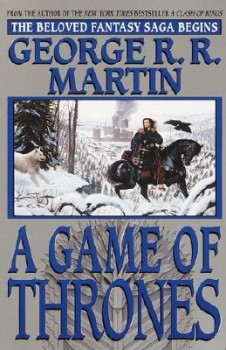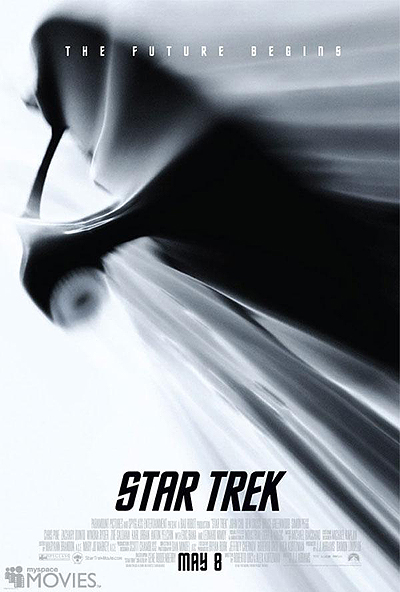Arab Fantasy
This, alas, is not going to be one of those highly informative posts by a knowledgeable person possessing vast information on the subject. Instead, it’s a partial response to several different topics that have crossed my consciousness lately. One is an ongoing issue–the role of the Other (exotic, evil, dangerous, wild, etc.) in our culture and our storytelling, and what it is like living in a country of one of our current primary Others (Arabs) for the last year. Another is an article I read recently on the current state of Arab cinema (burdened by censorship, unwieldy bureaucracy, and funding problems–see also here and here). Finally there was a conversation last night on the future of the Arab world in which the subject turned to education. As in the US, discussions about the role of education tend to focus on job readiness and the economy, but it’s art and storytelling that are crucial for cultural health, and growth.
“Arab Fantasy” could mean fantasy by outsiders using elements of Arab tradition, or fantasy by Arabs using traditional or other source materials. The best-known source in the west is, of course, One Thousand and One Nights in its numerous versions, although (quoting from wikipedia, that utterly reliable source), “Some of the best-known stories of The Nights, particularly “Aladdin’s Wonderful Lamp”, “Ali Baba and the Forty Thieves” and “The Seven Voyages of Sinbad the Sailor”, while most likely genuine Arabic folk tales, were not part of the The Nights in its Arabic versions, but were interpolated into the collection by its early European translators.” Actually the article is a pretty interesting overview, and I learned a bunch of stuff. Genre works influenced by Nights are many; titles I’ve read recently enough that they float to the surface include Tim Powers’ World War II espionage-with-djinns novel Declare, Diana Wynne-Jones’ Aladdin sendup, Castle in the Air, and P.B. Kerr’s Children of the Lamp series, aimed primarily at middle-grade readers, but entertaining enough for undemanding adults, and, it seems, forthcoming as a movie from Dreamworks. …
 Reading James’ post on Wednesday about the fan angst surrounding George R. R. Martin’s A Song of Ice and Fire series (and some of the unnecessarily blunt backlash), I started thinking about just how much I know about this hugely popular saga which I have actually never read. Indeed, having not even read it, I can say I am predisposed to already like it but, as Dave commented on James post, I’m also one of those people who tends not to buy into series with no end in sight.
Reading James’ post on Wednesday about the fan angst surrounding George R. R. Martin’s A Song of Ice and Fire series (and some of the unnecessarily blunt backlash), I started thinking about just how much I know about this hugely popular saga which I have actually never read. Indeed, having not even read it, I can say I am predisposed to already like it but, as Dave commented on James post, I’m also one of those people who tends not to buy into series with no end in sight. Star Trek (2009)
Star Trek (2009)